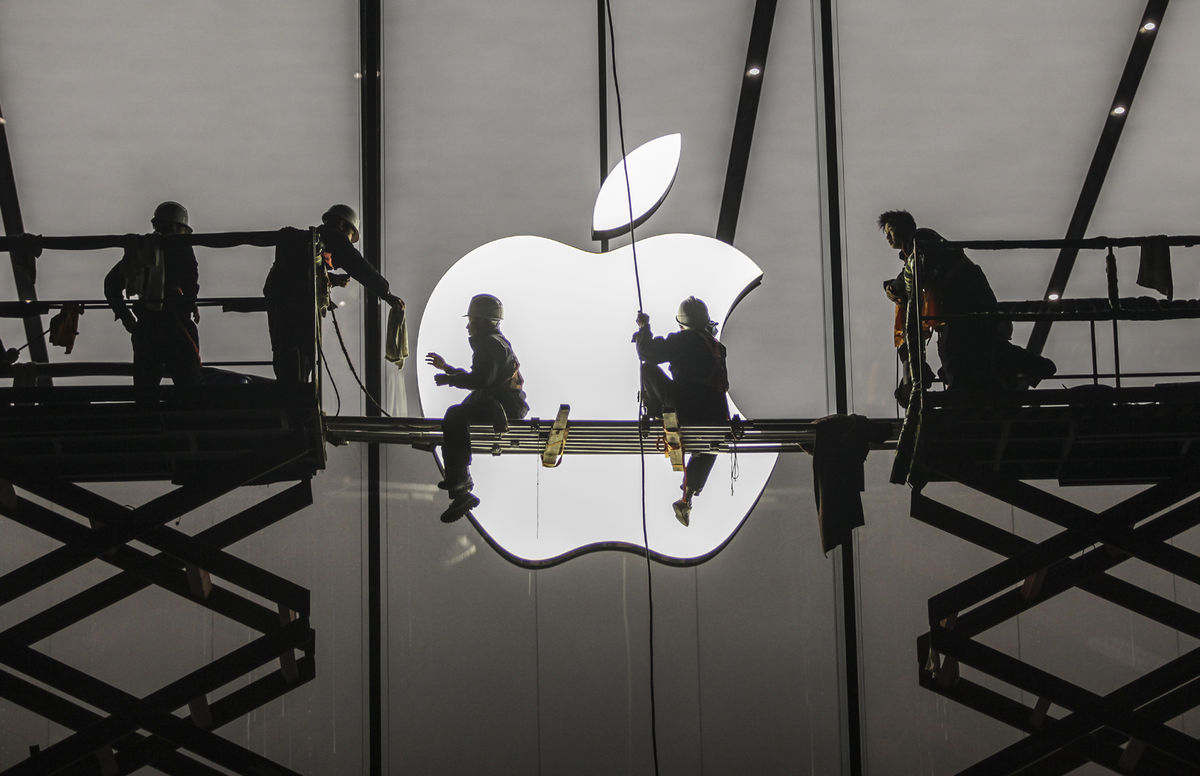
The People’s Republic of China has dropped the major US technology brands of Cisco, Apple, McAfee, and Citrix from its government approval purchase list, replacing technology in government offices and tech centers with products and services from its home grown technology sector. Expert opinions lay divided, with some suggesting the eastern nation is acting on suspicions of widespread Western cyberespionage, while others attribute the move as the state’s attempt to foster the domestic tech industry.
Standing to lose the most from the policy change is Cisco Systems, which supplied 60 products to the PRC’s Central Government Procurement Center’s (CGPC) list by 2012, but by 2014, it supplied none according to a Reuters’ analysis of the data. Smartphone and computer maker Apple has been completely dropped, along with Intel’s security software firm McAfee and network and server software firm Citrix systems.
Speaking to Reuters, an official at the CGPC revealed that a number of reasons may have trigger the decision, including the perception that domestic makers have the advantage of sheer weight of numbers and that local security technology firms offered more product guarantees than their western rival.
What cannot be denied is that the CGPC’s changing profile coincides too closely with the series of high-profile leaks of the late.
“The Snowden incident, it's become a real concern, especially for top leaders,” said Tu Xinquan, Associate Director of the China Institute of WTO Studies at the University of International Business and Economics in Beijing. “In some sense the American government has some responsibility for that; (China's) concerns have some legitimacy.”
Yet the relationship strain goes both ways, as many of the large-scale hacks that have occurred in the US in 2014 were unofficially linked to Chinese interests group.
On the contrary, some Industry experts also see the policy change as a means of aiding Chinese tech firms gain a larger stake in China’s overall information and communication market, which is speculated to grow 11.4% to $465.6 billion by 2015, stated IDC.
The main hurdle with taking this route, however, is that becoming too dependent on domestic technology could increase vulnerabilities to cyber attacks, as domestic Chinese tech is considered inferior to its foreign market rivals. “In China, information security compared to international levels is still very far behind; the entire understanding of it is behind,” admits Wang Zhihai, president and CEO of Beijin Wondersoft, which provides cyber security to government, state, and private banks in China.
Source: Reuters
Advertisement
Learn more about Electronic Products Magazine





